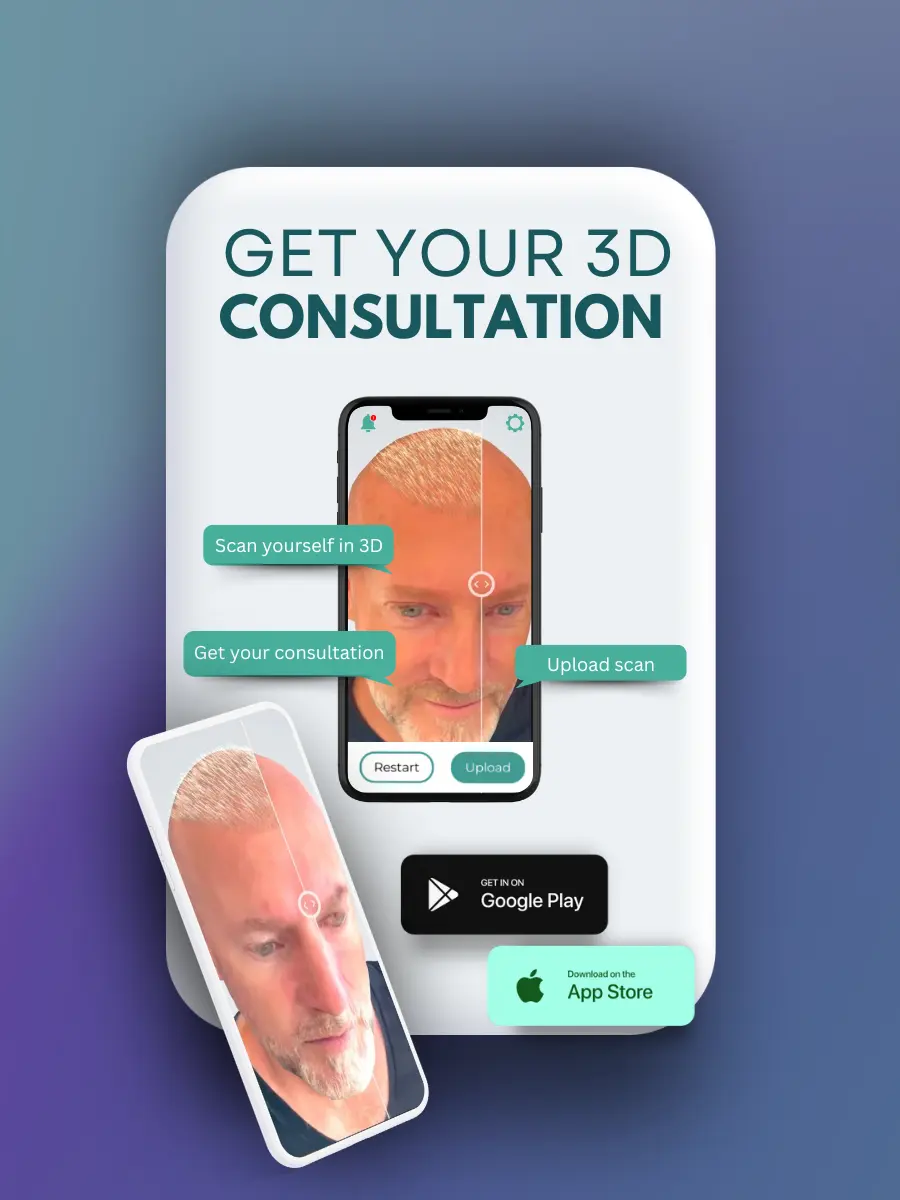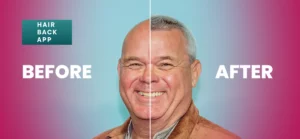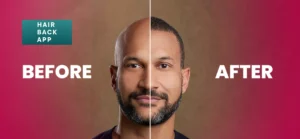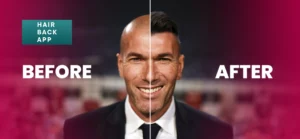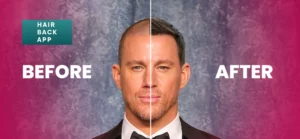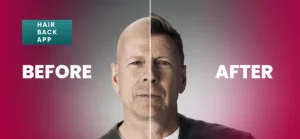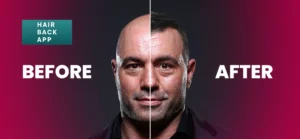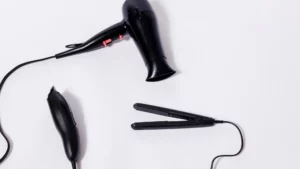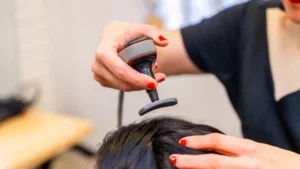Compromised scalp health is a condition that affects many individuals, often leading to hair loss and other scalp-related issues.
A healthy scalp is the foundation for hair growth, and when the scalp’s health is compromised, the consequences can be far-reaching, including thinning hair, scalp irritation, and in some cases, permanent hair loss.
My name is Emma Wright, your resident hair restoration specialist. In this article, we will explore what compromised scalp health is, the causes of compromised scalp health, how it affects hair growth, and ways to restore and maintain a healthy scalp for long-term hair care.
What is Compromised Scalp Health?
Compromised scalp health refers to any condition that negatively impacts the scalp’s natural state of balance, which can subsequently disrupt the normal hair growth cycle.
When the scalp is damaged or imbalanced, it can lead to various scalp problems such as dandruff, itching, inflammation, and even scarring alopecia, a condition that leads to permanent hair loss if left untreated.
The scalp’s health can be influenced by numerous factors, including genetics, lifestyle choices, diet, and environmental exposure. Maintaining good scalp health is crucial for the proper functioning of hair follicles and hair growth.
Common Causes of Compromised Scalp Health
There are several potential causes of compromised scalp health, and it is essential to identify them early to prevent further damage. These include:
- Poor Hygiene: Not cleaning the scalp regularly or thoroughly can lead to the buildup of dead skin cells, oil, and hair products. This buildup can clog hair follicles and lead to conditions like folliculitis, which can impede hair growth.
- Excessive Hair Products: Overuse of hair styling products, such as gels, hairsprays, and dyes, can irritate the scalp, clog pores, and cause allergic reactions, leading to scalp discomfort and thinning hair.
- Hormonal Imbalances: Hormonal fluctuations, especially during pregnancy, menopause, or thyroid dysfunction, can significantly affect scalp health and lead to hair thinning or hair loss. Hormonal hair loss is one of the most common causes of compromised scalp health in women.
- Scalp Infections: Fungal or bacterial infections, such as ringworm or seborrheic dermatitis, can disrupt the scalp’s natural environment and lead to hair loss if not addressed promptly.
- Stress: Emotional and physical stress can contribute to a range of scalp issues, including dandruff, seborrheic dermatitis, and telogen effluvium, a form of hair loss triggered by stress.
- Nutrient Deficiencies: Lack of proper nutrition, particularly deficiencies in vitamins and minerals like iron, zinc, and vitamin D, can lead to poor scalp health and hair loss. Causes of hair loss can often be traced back to inadequate nutrition.
How Compromised Scalp Health Leads to Hair Loss
A compromised scalp creates an unfavorable environment for hair follicles, making it difficult for hair to grow healthily. This can lead to several forms of hair loss:
- Thinning Hair: When the scalp is unhealthy, hair follicles may become weak, leading to thinning hair. The hair growth cycle can be disrupted, causing hair to fall out prematurely.
- Scarring Alopecia: In some cases, compromised scalp health can lead to scarring alopecia. This occurs when inflammation or infection damages hair follicles, resulting in permanent scarring that prevents new hair from growing.
- Hair Follicle Blockage: Clogged hair follicles due to buildup of sebum, dead skin cells, or hair products can inhibit hair growth, leading to hair loss. This blockage can also make the scalp more prone to infections, further exacerbating the problem.

How to Stop Hair Loss Due to Compromised Scalp Health
If you’re experiencing hair loss due to compromised scalp health, there are several steps you can take to address the issue and promote healthier hair growth:
- Proper Scalp Hygiene: Regularly clean your scalp with a gentle shampoo to remove buildup of oil, dead skin cells, and hair products. Avoid harsh shampoos that can strip the scalp of its natural oils, as this can worsen scalp dryness and irritation.
- Use Scalp Treatments: Depending on the cause of your scalp issues, you may benefit from specific scalp treatments. For instance, if you’re dealing with dandruff or seborrheic dermatitis, antifungal shampoos can help manage symptoms. For inflammation, topical corticosteroids or soothing oils, such as tea tree oil, can help reduce irritation.
- Dietary Changes: Ensure that your diet is rich in essential vitamins and minerals that support scalp health. A balanced diet with adequate amounts of protein, iron, zinc, and biotin can promote healthy hair follicles and reduce the risk of hair loss.
- Minimize Stress: Since stress is a known trigger for hair loss, practicing stress management techniques, such as meditation, exercise, and mindfulness, can help improve your scalp’s health and prevent hair loss.
- Consult a Dermatologist or Trichologist: If you’re dealing with persistent scalp issues or hair loss, it may be wise to consult a dermatologist or trichologist. They can identify the underlying cause of your compromised scalp health and recommend appropriate treatments, including prescription medication or therapies.
How to Stop Hormonal Hair Loss
Hormonal imbalances are a significant contributor to compromised scalp health and hair loss, particularly for women. If you’re experiencing hormonal hair loss, here are a few steps to help manage the condition:
- Address Hormonal Imbalances: Consulting with a healthcare provider to identify and treat underlying hormonal issues, such as thyroid imbalances or polycystic ovary syndrome (PCOS), can help restore balance and prevent further hair loss.
- Hormone Replacement Therapy (HRT): For women experiencing menopause-related hair loss, HRT may be a viable option to manage symptoms and support healthy hair growth.
- Topical Minoxidil: This over-the-counter treatment can help stimulate hair growth and is often used to treat androgenetic alopecia, a form of hormonal hair loss.
- Supplements: Biotin, collagen, and other hair health supplements can help support hair follicles and promote hair regrowth in individuals with hormonal hair loss.
How to Stop Hair Loss: General Tips for Hair Restoration
In addition to addressing compromised scalp health and hormonal imbalances, there are several general strategies you can adopt to stop hair loss and promote hair growth:
- Avoid Traumatic Hair Treatments: Overuse of heat styling tools or harsh chemical treatments can damage the hair and scalp, leading to hair loss. Opt for gentle, nourishing treatments that help support hair health.
- Be Mindful of Hair Care Products: Use gentle shampoos and conditioners that are free of harsh chemicals. Consider natural hair care options that help balance the scalp’s pH and promote overall health.
- Regular Scalp Massages: Massaging the scalp regularly can help stimulate blood circulation to the hair follicles, promoting hair growth and overall scalp health.
- Hydrate and Nourish Your Hair: Staying hydrated and incorporating nutrient-rich foods into your diet, including those high in vitamins A, C, D, and E, can help maintain a healthy scalp and reduce the risk of hair loss.
Prevention of Compromised Scalp Health
Preventing compromised scalp health is key to maintaining healthy hair and avoiding hair loss in the future. Here are a few preventive measures you can take:
- Gentle Hair Care Practices: Avoid excessive heat styling and harsh chemicals that can damage the scalp and hair follicles. Opt for gentle, sulfate-free hair products and avoid tight hairstyles that can put strain on the scalp.
- Hydration: Keeping the scalp hydrated is essential for maintaining its health. Regularly moisturizing your scalp with natural oils, such as argan oil or coconut oil, can help prevent dryness and flakiness.
- Regular Scalp Massages: Massaging the scalp can improve blood circulation, which in turn supports hair follicle health and encourages hair growth.
Conclusion
Compromised scalp health can lead to a variety of issues, from thinning hair to scarring alopecia, all of which can affect one’s self-esteem and confidence. By understanding the causes of compromised scalp health and taking proactive steps to address it, individuals can improve their scalp condition and prevent hair loss.
Whether it’s practicing good hygiene, managing stress, or seeking professional treatment, a healthy scalp is the foundation of a healthy hair growth journey.
For those struggling with specific conditions such as scarring alopecia or hormonal hair loss, seeking specialized care can help in the restoration of hair health and regrowth. Remember, early intervention is key in stopping hair loss and ensuring long-term scalp and hair health.

